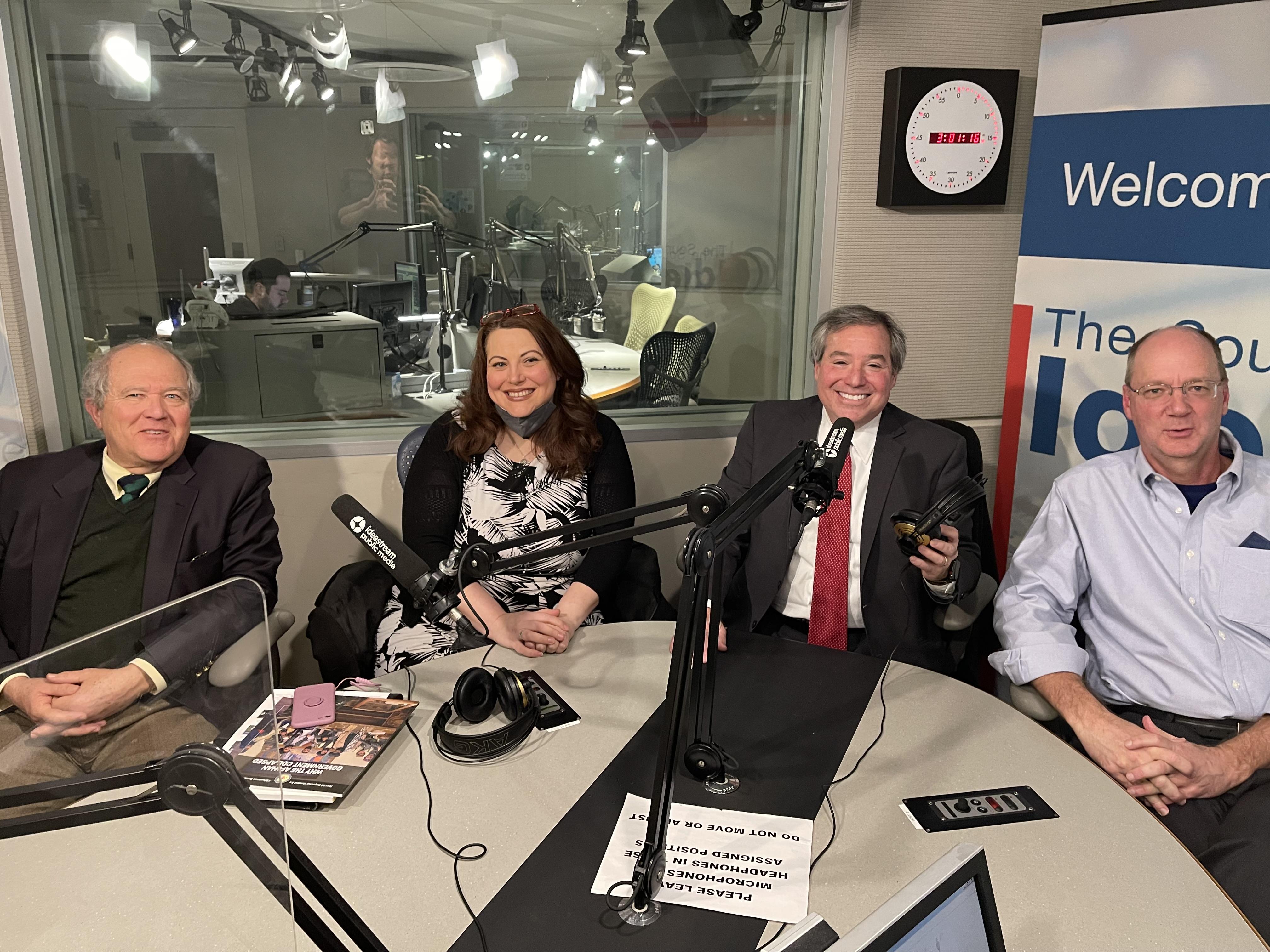Broadcast out of Cleveland's NPR Station, on Feb. 21, CWRU Law School's "Talking Foreign Policy" provided an expert analysis of the Afghanistan debacle.
Since the US withdrawal from Afghanistan in August 2021, the situation there has gone from bad to worse. Today, 20 million Afghans are starving and millions are internally displaced. The Taliban is back in power. They are once again providing sanctuary to terrorist groups that threaten the United States. They have decreed that Afghan girls shall not have access to education above the sixth grade. They have also prohibited Afghan women from driving, taking public transport and holding jobs.
In a recent report to Congress, John Sopko, the US Special Inspector General for Afghanistan, wrote: “Unless the U.S. government understands and accounts for what went wrong, why it went wrong and how it went wrong, it will likely repeat the same mistakes in the next conflict.” In the Feb. 21 broadcast of Talking Foreign Policy, host Michael Scharf, Co-Dean of CWRU School of Law, assembled a group of experts, including Sopko, to answer those questions.
Headlining the group was Case Western Reserve Law alum John Sopko, who was sworn in as Special Inspector General for Afghanistan Reconstruction on July 2, 2012. He was appointed by President Obama, served under President Trump and continues to serve under President Biden. For the last ten years, he and his staff have raised concerns about waste, fraud and abuse of US assistance funds for Afghanistan, as well as the sustainability and viability of the Afghan government and military ahead of the US withdrawal in 2021.
Joining Sopko was Dr. Shannon French, the Director of the Inamori International Center for Ethics and Excellence at Case Western Reserve University. She was previously a professor at the US Naval Academy and was recently named the General Hugh Shelton Distinguished Chair in Ethics by the US Army Command and General Staff College. She is the author of the acclaimed book, “The Code of the Warrior: Exploring Warrior Values, Past and Present.”
Also joining the discussion was Dr. Paul Williams, the President of the Public International Law and Policy Group, a Nobel Peace Prize-nominated NGO. Williams has served as Legal Adviser in fifteen peace negotiations and is the author of the recently published book, “Lawyering Peace” (Cambridge University Press, 2022).
To round out the panel, Dr. Greg Noone, the Director of Fairmont State College’s National Security and Intelligence Program, joined Talking Foreign Policy. Noone is a retired Captain in the US Navy who served as Head of the International Law Branch in the Pentagon.
The hour-long broadcast was divided into three segments. In the first, the experts discussed the goals, strategies and tactics of the longest war in US history. In the second segment, they examined what went right and what went wrong. In the final segment, they discuss the lessons learned and apply them to other current conflicts in which the US is engaged, such as Ukraine.
CWRU School of Law is the only law school with a public radio foreign policy show and podcast. Produced in partnership with Ideastream Media, Talking Foreign Policy has been broadcast quarterly since 2012.
"The Afghanistan Debacle" was originally broadcast on Feb. 21 in Cleveland on WKSU 89.7 FM. "The Afghanistan Debacle" is now available as a podcast for listening anytime.


